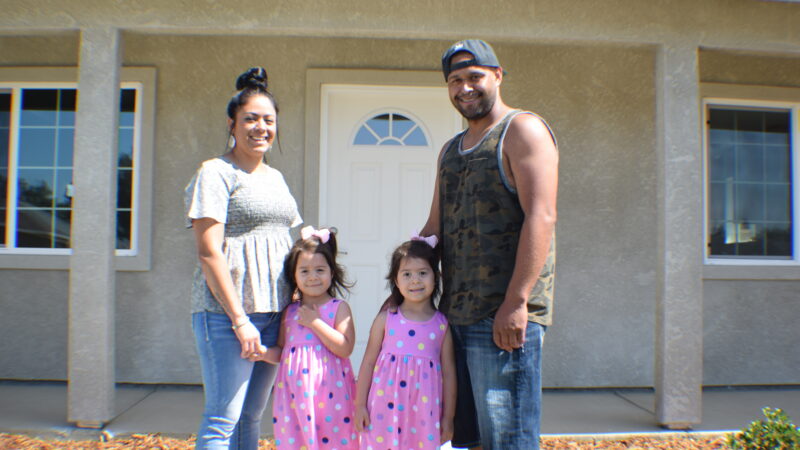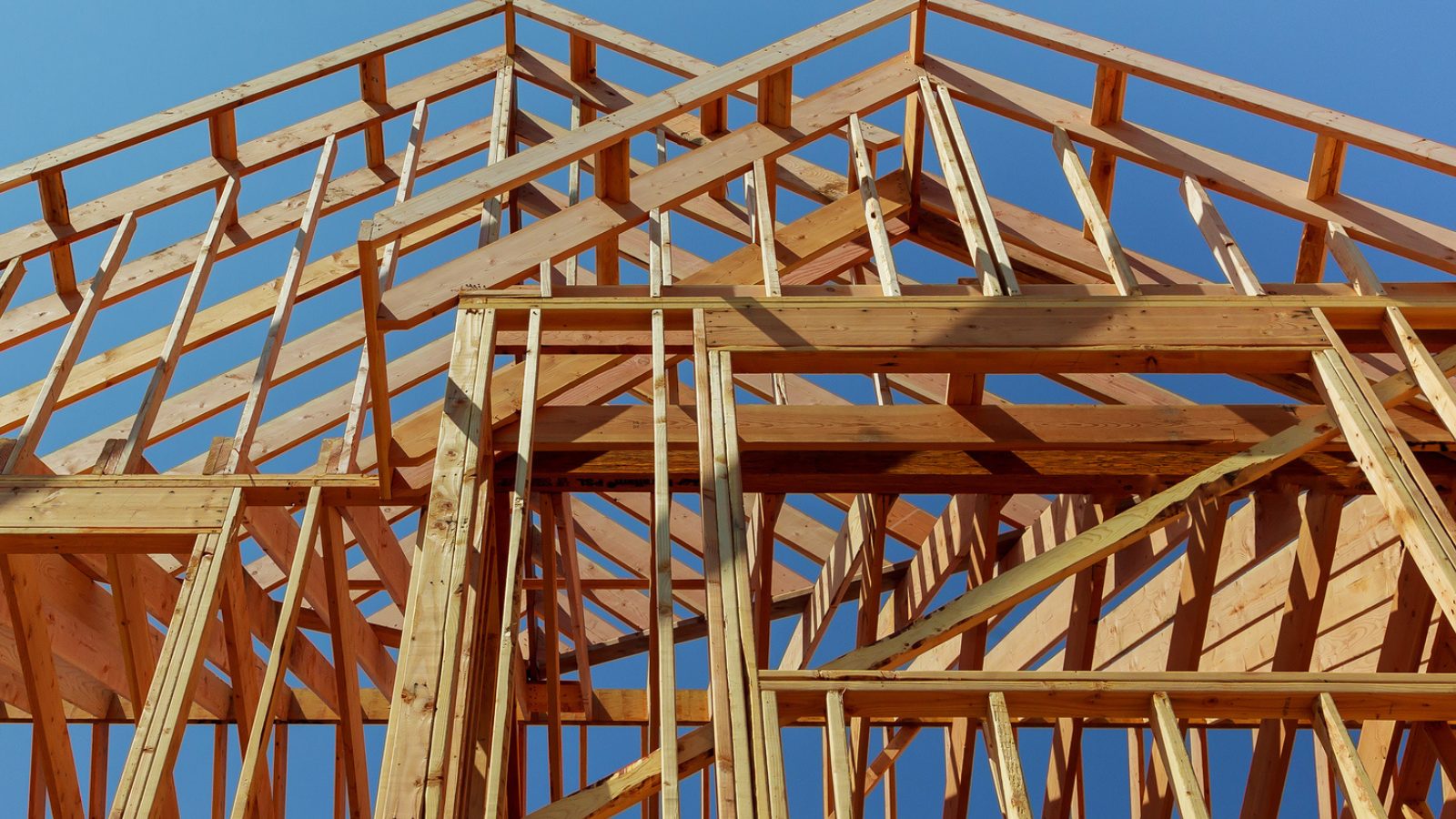
Dispelling the Myths About Affordable Housing
What comes to mind when you think of affordable housing? I think of a big yard, friendly neighbors, and a kitchen that always smelled of my mom’s cooking. For me, affordable housing gave me and my sister a safe space to grow up in, something that I wish for every child to have. As the Communications, Marketing and Events Manager for CHIP, I hear concerns about what the effects are for neighborhoods when they get affordable housing. Often these concerns revolve around what happens to the property values of the surrounding area or the fear that crime rates might rise. Though I understand why a property owner might have concerns for the future of their neighborhood, affordable housing in your neighborhood is not something to be feared, instead it’s something to be desired. You read that right, affordable housing is good for neighborhoods. Access to safe and affordable housing brings health and financial benefits to both the individual household and the overall community. When we open doors to affordable housing, we are welcoming a variety of benefits for the whole community.
One of the concerns I hear the most often is what affordable housing will do to the value of its surrounding properties. Many folks don’t understand just how much care and thought goes into building affordable housing. With every property or home that CHIP builds, we aim to bring pride and dignity to anyone who will live there. Due to the care that goes into building affordable housing, it is more likely to increase your property value than to decrease it. In fact, two separate studies, one done by the Urban Institute, and another done by Stanford Graduate School of Business researchers, concluded that affordable housing had a positive effect on its surrounding area, increasing the value of the neighboring homes. As for the concern of crime increasing due to affordable housing moving into a neighborhood, the studies found that when affordable housing moved into an area, the crime rates declined in low-income neighborhoods and there were no changes to the crime rates in higher-income neighborhoods.
Affordable housing allows its residents to stop focusing on survival, giving them the option to thrive instead. When residents don’t have to worry about their living situation it frees their time and mental capacity to be able to focus on other areas of their life, including their mental and physical health. Being able to go to the doctor or seek mental health resources no longer gets pushed to the bottom of their priority list. Healthier people mean a healthier community, reducing the public safety issues for the surrounding neighborhood.
The individual households that live in affordable housing are not the only ones who benefit from it, the housing solution also strengthens the local economy that it is built in. Building new affordable housing means more jobs for local contractors, suppliers, and related businesses. Stable and affordable housing also means that households do not have to worry about where they are going to live and instead can reinvest their time and money in their community. When people are not having to spend most of their paycheck on housing, it allows them to spend money on other things like dining at local restaurants or going to the movies at the local theater, which will stimulate the local economy.
Housing isn’t just about a building, it is about financial stability, mental
health, physical well-being, and a healthy community. Having the opportunity to
access affordable housing means families will have stability that will improve
their health and financial status, and when individual households are stable
and healthy, the surrounding community becomes stronger. The next time you hear
someone expressing fears around affordable housing you can tell them not to
fear and share this blog post with them. My hope is that the fear surrounding
affordable housing becomes a thing of the past, allowing more housing solutions
to be built so that more children get the chance to grow up in safe and stable
homes like I did.


